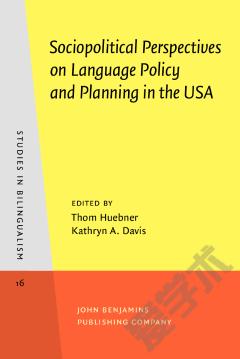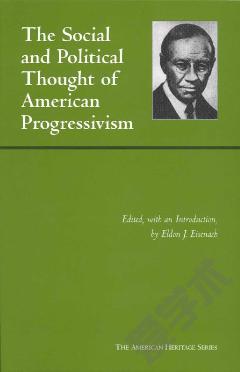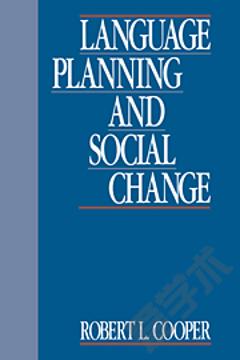Sociopolitical Perspectives on Language Policy and Planning in the USA.
This volume is the result of a colloquium on socio-political dimensions of language policy and language planning held at the 1997 American Association of Applied Linguistics (AAAL) Conference. The focus is on language planning and policy in the USA, but the issues raised will be applicable to other parts of the world as well.Three broad issues are addressed: general aspects, case studies dealing with certain languages or ethnic groups, and language planning in practice. The first, general, part, provides a historical analysis of language planning and language policy in the US, and proceeds to deal with maintenance and loss of indigenous languages, and the constraints imposed by current policies and how these constraints can be effectively dealt with. The second part contains a number of case studies. It discusses aspects of planning policies pertaining to pidgin languages, gestural languages used by the deaf (ASL) and constraints in foreign language education; this part also raises issues relating to ethnic groups, concentrating on the position of Mexicans and Puerto Ricans in the US. In the third part some practical issues are raised by looking into the role of language and culture in teaching reading, foreign language policy in higher education, Hawaiian language regenisis, and gender neutralization in American English.The book is a tribute to Charlene Junko Sato, a sociolinguist and a language activist. She died in 1996 and will be remembered for her work not only in linguistics, but also for her dedication in advancing Hawaiian Pidgin, influencing language policy through various publications and court-room appearances.
{{comment.content}}








 京公网安备 11010802027623号
京公网安备 11010802027623号